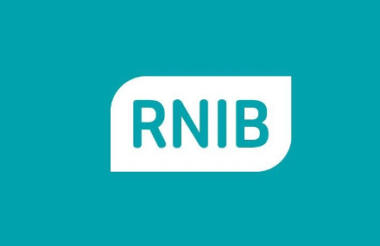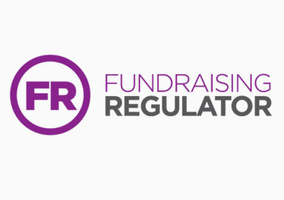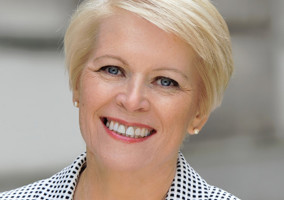Royal National Institute of Blind People has confirmed that it will contribute to the Fundraising Regulator’s tiered levy once it “comes into play”, according to a spokeswoman.
RNIB has previously been reluctant to contribute to the new regulator.
A spokeswoman from the RNIB confirmed to Civil Society News that the charity would be paying the levy, this morning. She said that the RNIB “will pay the levy when the proposed banded fee scheme comes into play”.
She also said that the organisation “looks forward to receiving more information from the Fundraising Regulator prior to being invoiced”.
According to the final arrangements of the levy and registration, published by the Fundraising Regulator on 24 August, the deadline from which those who fall within the levy would be invoiced was 1 September 2016.
According to a spokesman from Pagefield – the communications firm representing the Fundraising Regulator - the new regulator is in the process of writing to the 1,961 charities who will fall within the banded levy “to inform them of its application”.
He said the letter will then be followed up with an invoice. He has yet to respond to Civil Society News' questions about when the regulator will begin invoicing charities.
He also said that further details about when the Fundraising Regulator will publish its annual budget will be announced shortly.
At the time of the levy arrangements being finalised, the regulator announced that it would publish its budget in full in late September, as well as a breakdown of what it spent the £675,000 worth of start-up funding it received from 45 charities on.
The RNIB spokeswoman has yet to confirm whether the organisation will also retroactively contribute the £15,000 start-up fee it refused to pay the Fundraising Regulator at the time.
The RNIB were one of the first charities to openly criticise the Fundraising Regulator's request for start-up costs funding.
In February, Lesley-Anne Alexander said she didn't understand "what benefit" the RNIB would get out of contributing, and said "there may come a time when we are forced to pay, and we will have to do so, but reluctantly.”
Alexander recently announced that she would be retiring from the RNIB as chief executive in October.
Related Articles












